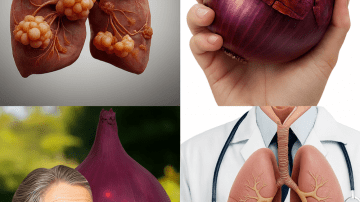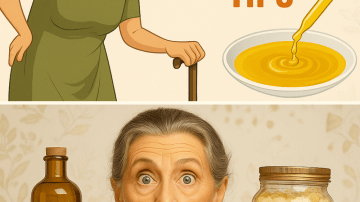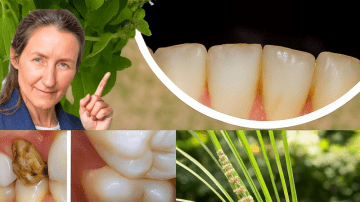In the modern world of complex supplements and synthesized remedies, we often overlook the profound healing power offered by simple, humble botanicals. What if a single, gentle, and easily accessible tea could offer holistic support to some of your body’s most challenged systems—your liver, kidneys, pancreas, and joints?
This is not a miracle cure, but an ancient wellness secret, revered across centuries and continents. The key lies not in a rare Amazonian root, but in the leaves of a common, fragrant fruit tree: Guava.
Guava Leaf Tea has quietly served as a cornerstone of traditional medicine, and modern research is finally catching up to validate its comprehensive health benefits. From helping to stabilize fluctuating blood sugar and high cholesterol to offering support for joint discomfort and overworked detoxification organs, this tea is a true multi-tasking tonic.
Prepare to discover the astonishing therapeutic potential hidden in this simple leaf, the specific compounds that drive its action, and the non-negotiable ritual you must adopt to unlock its full power. This is the ultimate, accessible health upgrade you need now.
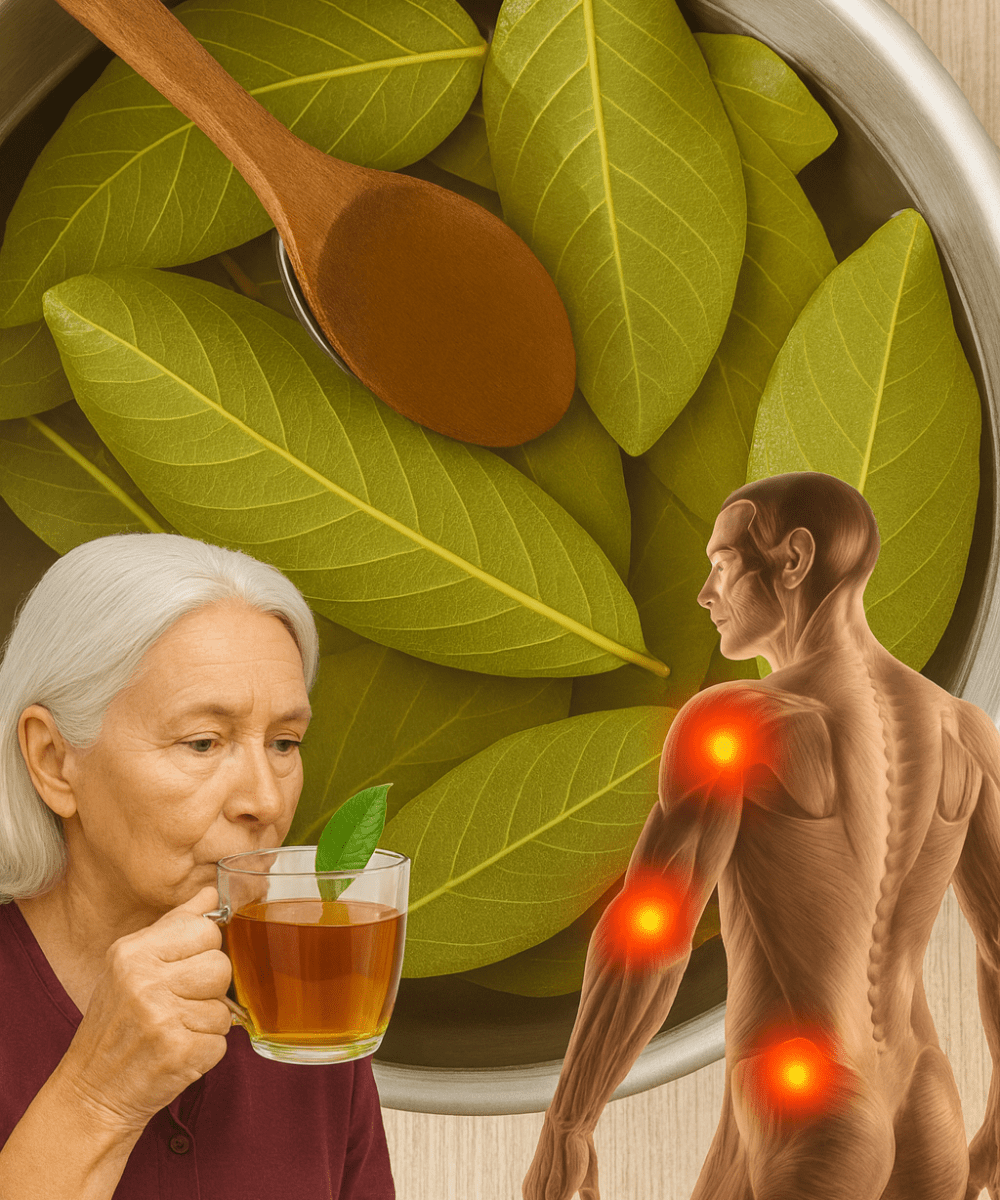
🔬 Guava Leaf Unveiled: The Bioactive Powerhouse
The Guava leaf (Psidium guajava) is far more than garden waste. It is densely packed with bioactive compounds, primarily quercetin, polyphenols, tannins, and flavonoids, which collectively give the leaf its potent therapeutic properties. These compounds work synergistically to address underlying issues like inflammation, oxidative stress, and metabolic imbalance.
1. 🩸 The Metabolic Stabilizer: Targeting Blood Sugar
One of the most researched benefits of Guava Leaf Tea is its profound effect on glucose metabolism. This is the secret weapon for those managing blood sugar and metabolic wellness.
- Blocking Sugar Absorption: The compounds in the tea, particularly quercetin, work by inhibiting specific enzymes (alpha-glucosidase) responsible for breaking down complex carbohydrates into glucose in the digestive tract.
- Reduced Spikes: By slowing this breakdown process, Guava Leaf Tea effectively reduces the amount of glucose absorbed into the bloodstream immediately after a meal. The result is a gentler, more stable blood sugar curve, which is essential for managing diabetes and preventing insulin resistance.
2. ❤️ Comprehensive Cardiovascular Support: Cholesterol and Pressure
The rich polyphenol content in Guava leaves provides significant benefits for the circulatory system, addressing two key markers of heart health: cholesterol and blood pressure.
- Managing Cholesterol: Research suggests that the tea can interfere with the metabolic pathway responsible for cholesterol production. Consistent consumption may help reduce levels of LDL (the “bad” cholesterol) and triglycerides while maintaining or even increasing HDL (the “good” cholesterol).
- Supporting Blood Pressure: The leaves contain potassium and specific antioxidants that act as natural vasodilators, helping to relax blood vessels. This relaxation contributes to a reduction in blood pressure, making the tea a calming support for the entire cardiovascular system.
🌿 The Detoxification Duo: Strengthening Liver and Kidney Function
The liver and kidneys are your body’s tireless filtration system, often strained by modern diet and environment. Guava Leaf Tea acts as a restorative tonic for these essential organs.
3. ⚖️ Liver Resilience and Protection
The liver handles detoxification, nutrient processing, and countless metabolic tasks. It is highly susceptible to oxidative stress.
- Antioxidant Defense: The potent flavonoids in the tea act as cellular protectors for the liver. They scavenge free radicals, minimizing the oxidative damage caused by toxins, alcohol, and inflammation.
- Aiding Detoxification: By reducing this stress, Guava Leaf Tea helps the liver function more efficiently, supporting its natural ability to process and eliminate harmful substances.
4. 💧 Kidney Support and Diuretic Action
The kidneys are responsible for regulating fluid balance and filtering waste from the blood.
- Gentle Diuretic: Guava leaves possess mild diuretic properties. This encourages the kidneys to flush out excess sodium and water, reducing the burden on the filtration system.
- Preventing Stone Formation: By promoting optimal fluid balance and filtering capacity, the tea helps maintain a clean, uncongested environment, which is fundamental to long-term kidney health.
🦴 Mobility and Comfort: Addressing Systemic Inflammation
One of the most widespread chronic issues is joint pain, which is almost always linked to inflammation. Guava Leaf Tea’s anti-inflammatory power offers a gentle solution.
5. 🧘 Joint Pain and Anti-Inflammatory Relief
Joint discomfort is often a result of cartilage breakdown and chronic inflammation in the joints.
- Blocking Inflammatory Pathways: The quercetin and other anti-inflammatory compounds in Guava leaves work by inhibiting the production of prostaglandins and other inflammatory mediators in the body.
- Comfort and Mobility: By calming systemic inflammation, the tea can help reduce swelling and discomfort in the joints, supporting better mobility and overall comfort, especially crucial for those dealing with arthritis or generalized body aches.
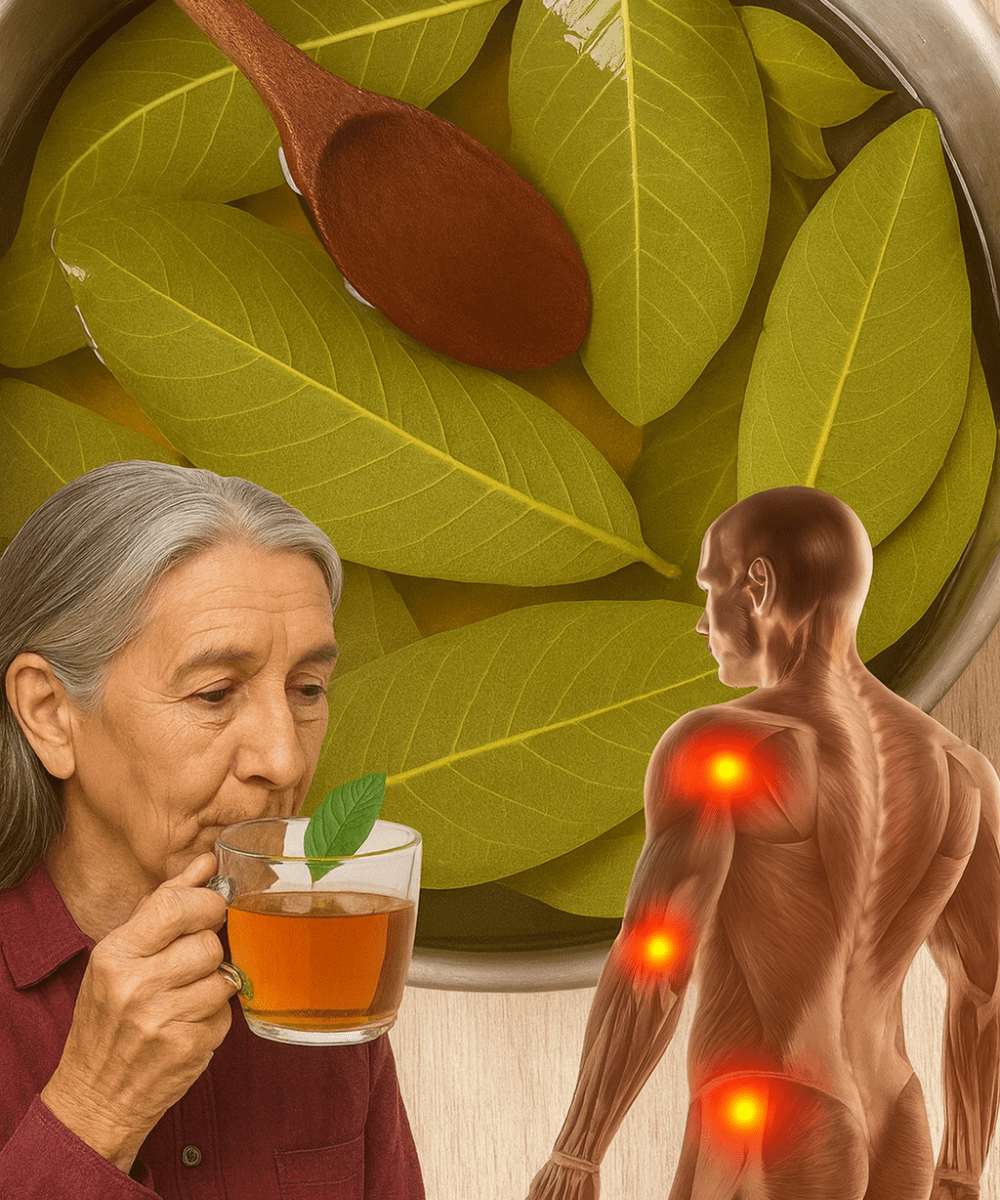
🎯 The Non-Negotiable Protocol: How to Brew and Consume for Therapeutic Results
Guava Leaf Tea is easy to make, but to transition it from a casual drink to a therapeutic tonic, the preparation must be precise and consistent.
The Gold-Standard Brewing Method
- Ingredients: 10-15 fresh, clean Guava leaves (or 1 tablespoon dried, crushed leaves) and 3 cups of filtered water.
- Preparation:
- Boil: Place the water and the leaves in a saucepan. Bring to a rolling boil.
- Steep: Reduce the heat to a simmer and allow the mixture to steep for 15 to 20 minutes. This extended simmering time is critical to ensure the full extraction of the therapeutic polyphenols and quercetin.
- Strain: Strain the liquid into a cup.
- No Sweeteners: To maximize the metabolic and blood sugar benefits, consume the tea unsweetened. Its natural flavor is mild and slightly earthy.
The Critical Consumption Schedule
For maximum impact on blood sugar, cholesterol, and liver function, timing is everything.
- Post-Meal Ritual: Drink one cup of warm Guava Leaf Tea immediately after your main meals (lunch and dinner). Consuming it at this time ensures that the alpha-glucosidase inhibitors are present in your digestive tract when the carbohydrates are being processed, maximizing the reduction in glucose absorption.
- Consistency: Commitment is key. The benefits for cholesterol and blood pressure are cumulative. Aim for this two-cup-per-day schedule for at least 4 to 8 weeks to assess its full supportive impact.
⚠️ The Respectful Reminder: Guava Tea is a Supplement, Not a Cure
Guava Leaf Tea is a powerful addition to a wellness routine, but it must be treated with respect and caution.
- Medication Interactions: If you are currently taking prescription medication for diabetes, high blood pressure, or high cholesterol, do not replace your medication with this tea. Consult your doctor before adding Guava Leaf Tea to your routine, as it may potentiate the effects of your existing medication, potentially leading to blood sugar or blood pressure dropping too low.
- Professional Guidance: View this tea as a natural, supportive measure, not a substitute for professional medical diagnosis or treatment for any chronic condition.
🌟 Final Conclusion: The Simple Leaf That Changes Everything
The most potent remedies in the world are often the simplest. Guava Leaf Tea stands as a powerful testament to this truth, offering comprehensive, natural support for the body’s most challenged systems.
From helping to stabilize the metabolic chaos of blood sugar and cholesterol to providing anti-inflammatory comfort for aching joints and strengthening the core detoxifying functions of your liver and kidneys, this tea is a holistic champion. Embrace this humble leaf, adopt the precise ritual, and transform your daily health from the inside out.
What other natural remedies or herbs are you interested in learning how to use for maximum therapeutic benefit?


